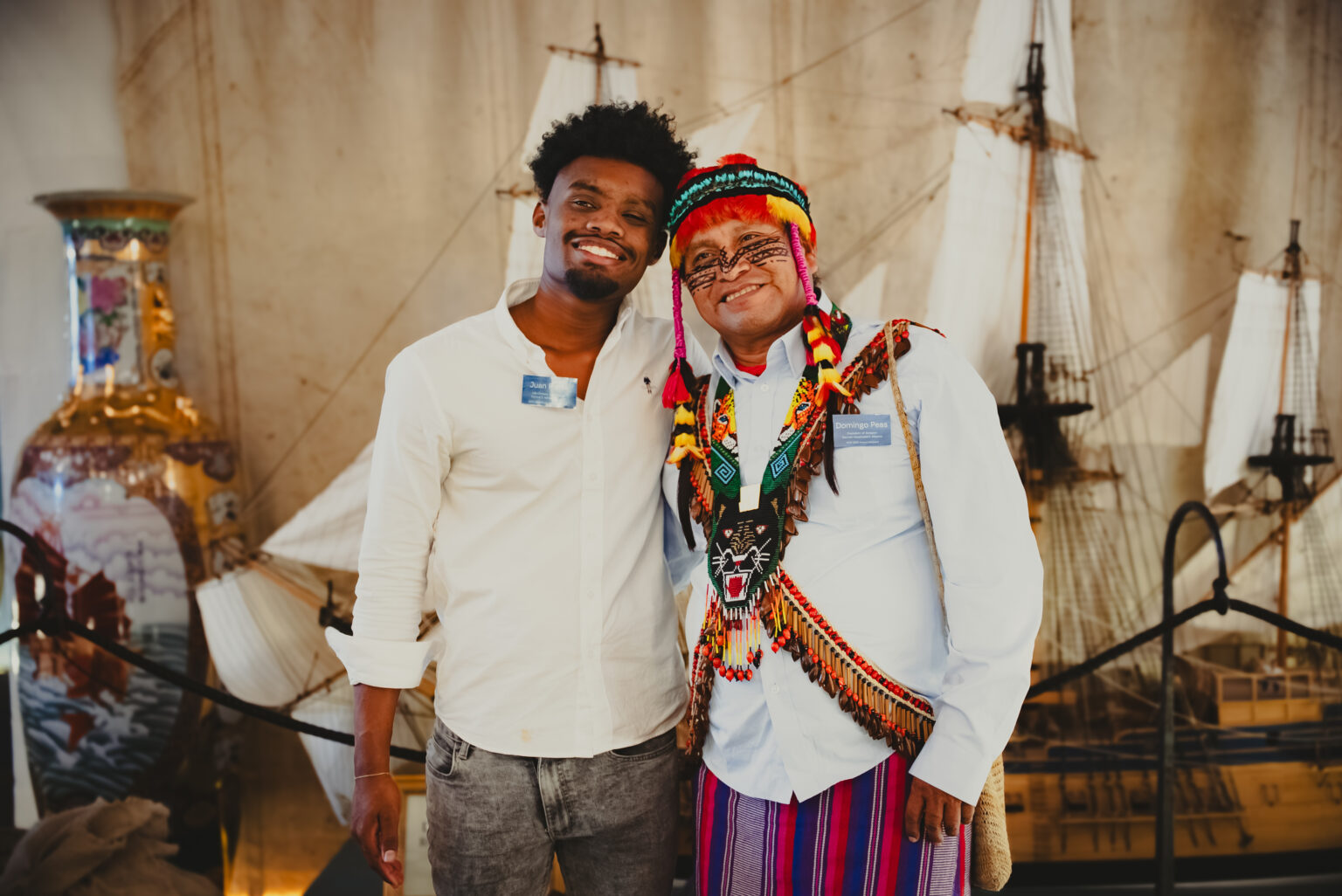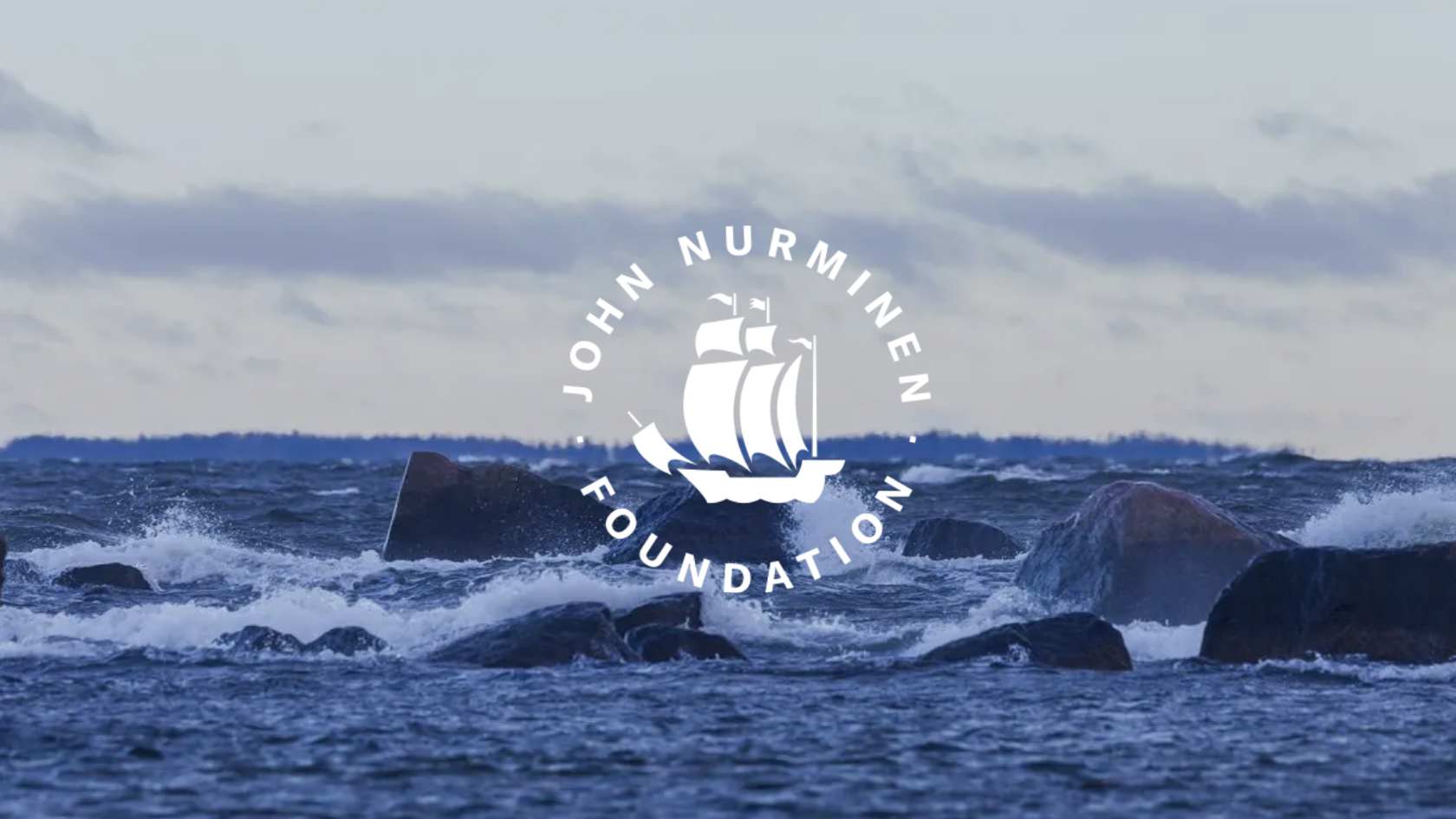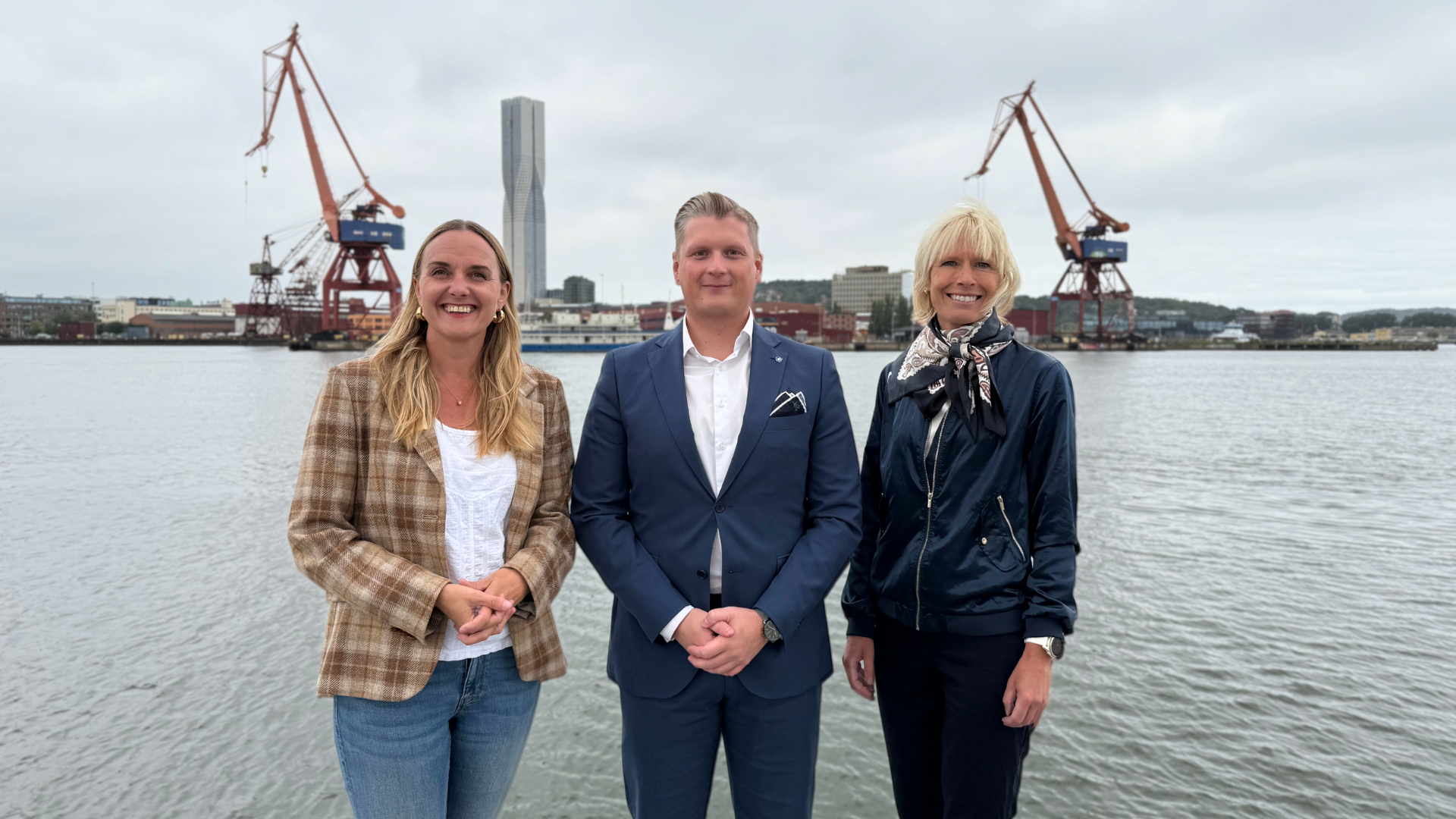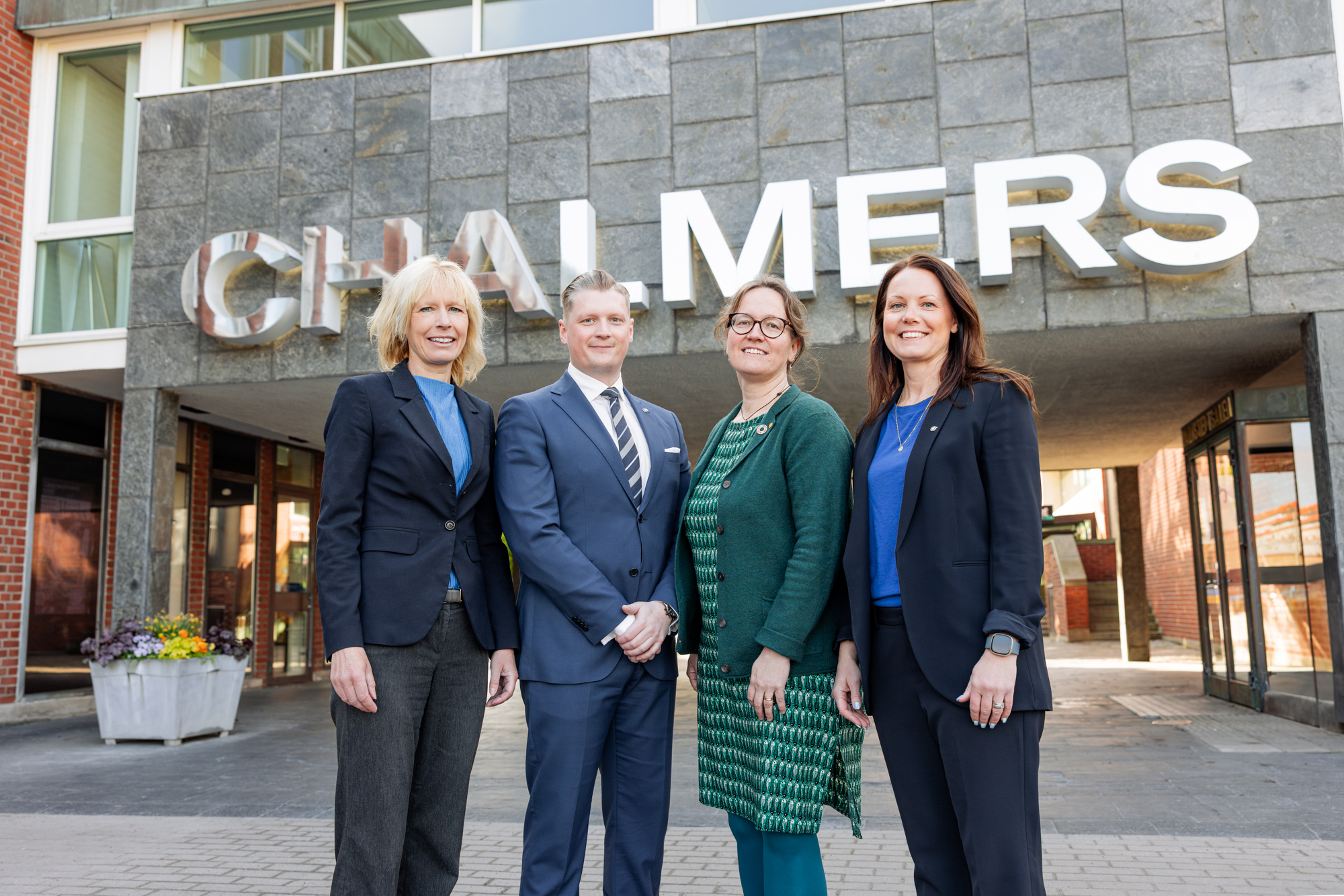At a recent roundtable discussion and dinner aboard the historic ship Götheborg, hosted by Greencarrier, voices from across the globe – leaders, researchers, lawyers, and sustainability advocates – came together to reflect on one shared truth: the ocean connects us all. The discussion explored how our modern systems of trade, law, and consumption intersect with the health of the planet’s waters, and how collaboration across industries, regions, and worldviews is vital if we are to build a sustainable tomorrow. What followed was an honest and inspiring dialogue – from the forests of the Amazon to the harbors of Gothenburg – about rethinking growth, leadership, and responsibility in pursuit of a thriving ocean and a resilient future. Below is some key takeaways from the event:
The ocean as a living system
One of the most powerful reflections came from a speaker representing the Amazon region, the winner of the WIN WIN Sustainability Award 2025, Domingo Peas:
“Everything around us is alive. If we don’t have forests, we don’t have rain. The trees create the flying rivers that give life to the Amazon and to us all.”
He also emphasized that deforestation and over-consumption are changing the planet’s climatic systems and destabilizing life itself. “We need to rethink the idea of eternal economic growth,” he said. “Only then can we imagine a truly sustainable future.”
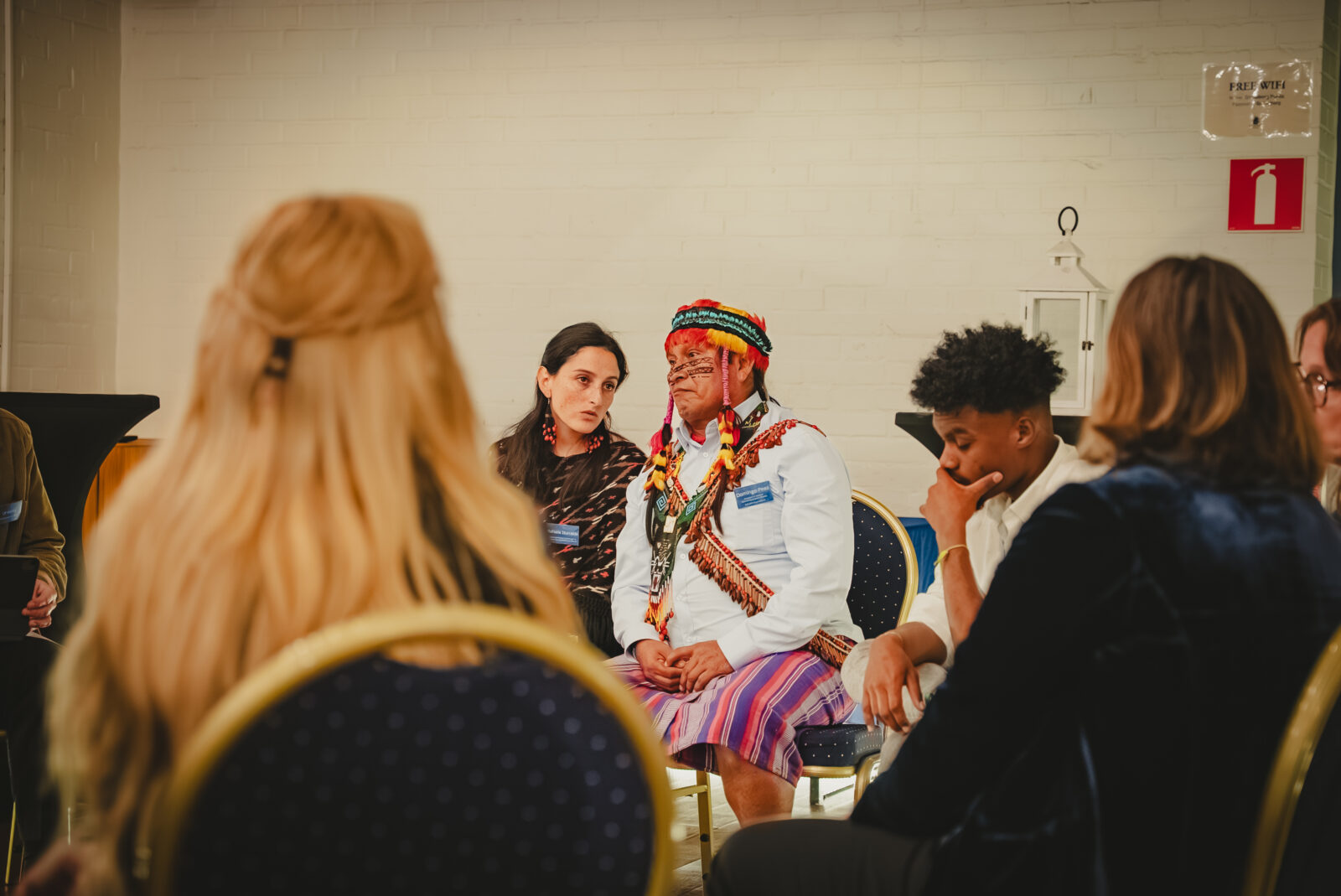
Bridging knowledge and innovation
The discussion highlighted the need to blend traditional knowledge with modern science and technology. Participants agreed that ancient wisdom – based on coexistence and balance – can inform the innovation needed today.
A representative also pointed to the example of rigid wind-propulsion systems, a modern take on traditional sailing technology. These systems dramatically reduce fuel consumption and emissions, illustrating how old ideas can inspire future solutions.
Rethinking regulation and responsibility
The dialogue also explored the tension between environmental ambition and economic systems. Experts from the maritime and legal sectors noted that while shipping plays a vital role in global trade, it also exerts a significant environmental burden – particularly when compared with how land-based industries are regulated.
“If a port were treated like a land-based industry,” one expert explained, “it would require environmental permits and transparent emissions reporting. But under current frameworks, shipping escapes that scrutiny.”
The contradiction runs deeper: policies that promote moving goods from road to sea are meant to reduce congestion and emissions, yet today’s shipping fleet still releases large quantities of pollutants into marine environments. “We must be honest,” another participant said. “If we choose sea freight for environmental reasons, we also need to acknowledge its impact and set new standards to make it genuinely sustainable.”
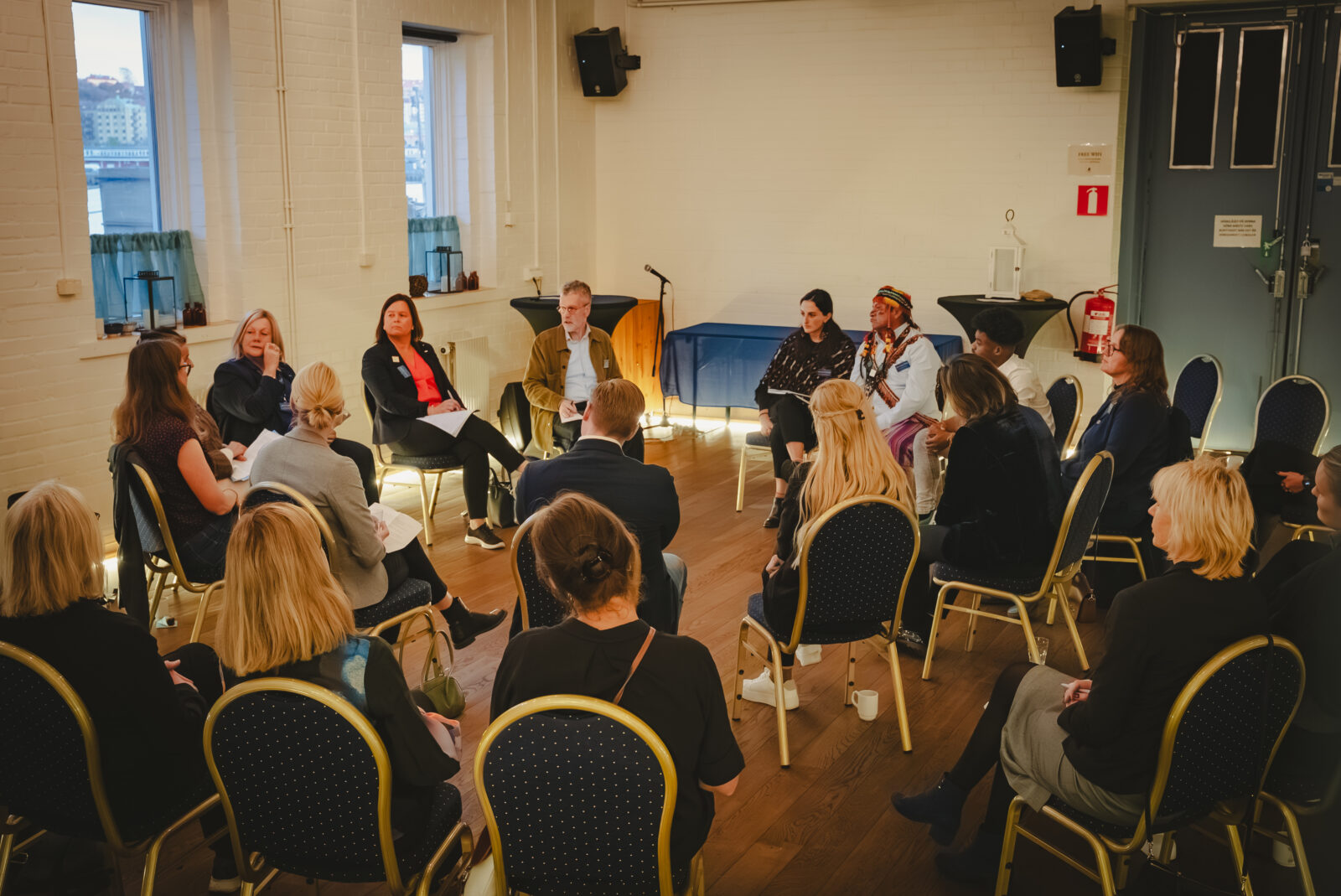
Law, politics, and the global divide
Participants also addressed how legislation and enforcement differ globally. In Europe, environmental law and democratic institutions provide a foundation for accountability – but in other parts of the world, corruption and political pressure hinder progress.
“We have laws that recognize the rights of nature,” shared the WIN WIN youth award winner 2025 Juan Pierre from Mauritius. “But what is the point of having these laws if they are not respected?”
The group called for more meaningful collaboration between business, government, and civil society – and more international dialogues like this one. “We need spaces where scientists, policymakers, and companies can talk honestly,” one participant said. “That’s the only way real change can take root.”
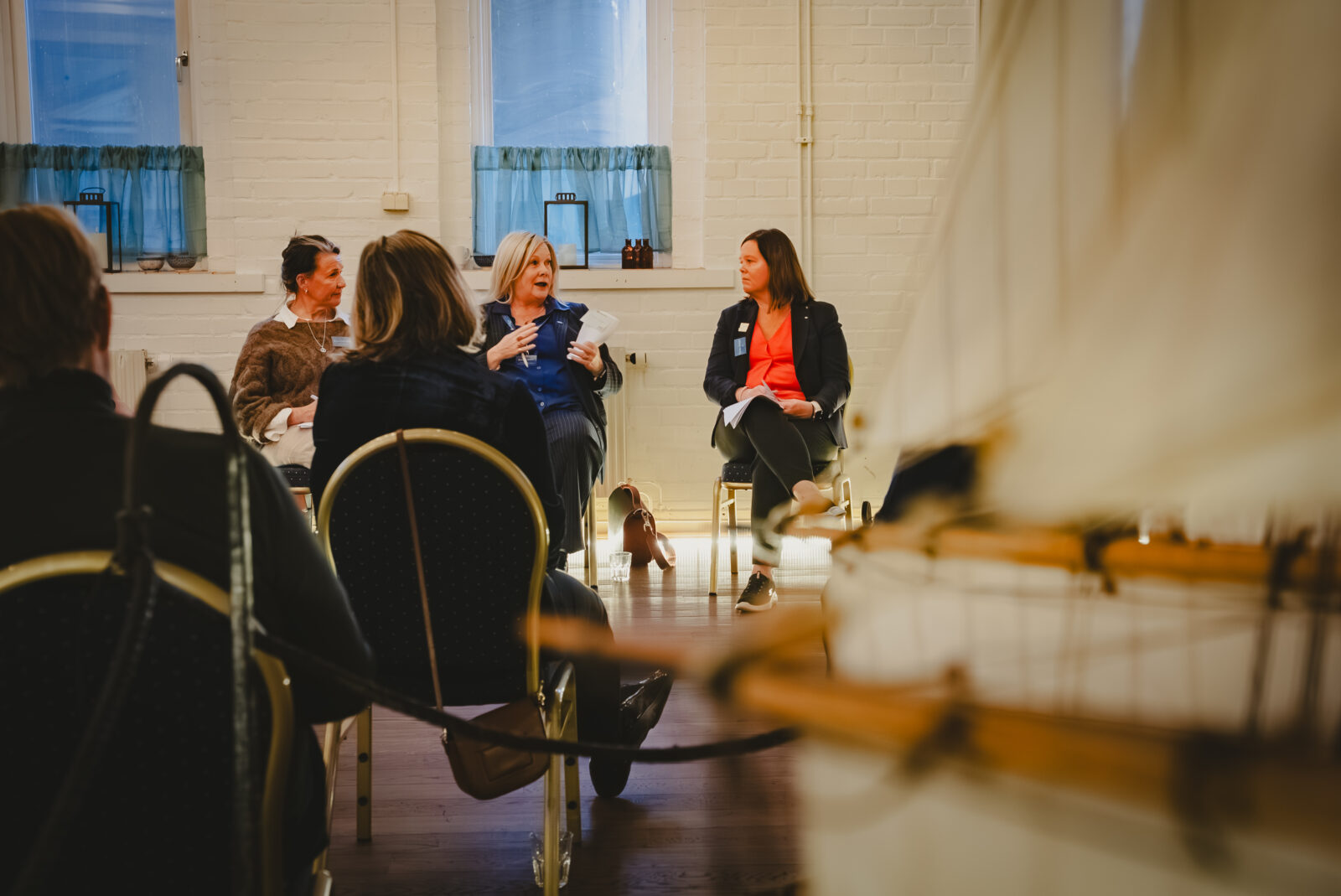
Leadership for a shared future
The session concluded with reflections on leadership, humility, and moral courage. True leadership, participants agreed, begins with the willingness to change oneself.
“I used to be ambitious – I even had an oil well on my land,” shared Domingo Peas. “But I chose not to exploit it. I realized leadership isn’t about power; it’s about care, humility, and service to others.”
Another added: “We must learn to forgive ourselves when we fail. Courageous leadership means doing the right thing, even when no one is watching.”
The conversation ended with a shared belief that the future must be built on alliances, not competition – between nations, industries, and individuals.
“The ocean connects us all,” the moderator, Ulf Kamne from A Beautiful Soup, concluded. “Its challenges are global – and so are the solutions. Together, we can find them.”
Participants included:
- Domingo Peas , Indigenous leader from Ecuador and President of the Amazon Sacred Headwaters Alliance. Recipient of the WIN WIN Award 2025.
- Juan Pierre , Young climate changemaker from Mauritius and United Nations Climate Technology Centre & Network Expert. Recipient of the WIN WIN Youth Award 2025.
- Ida-Maja Hassellöv , Professor in Maritime Sciences, Chalmers University of Technology
- Anna Ledin, Director General, Swedish Agency Marine and Water Management
- Johanna Lindqvist, Lawyer focusing on environmental law, Lindahl Advokater
- Elisabet Liljeblad, Sustainability Specialist, Soya Group
- Patrik Westraeus, Head of Sustainability, Greencarrier
- Anna Berggren, Vice president innovation, development and transition, Port of
Gothenburg - Anna Willstrand Wranne , Head of Ocean Knowledge, Voice of the Ocean
- Maria Stenström , Behaviour and mobility, The 2030 Secretariat
- Pernilla Jonsson , Project manager partnerships and sustainability, SEB
- Ulf Kamne, CEO, A Beautiful Soup Gothenburg (Moderator)
Since 2025, Greencarrier has been a partner to the WIN-WIN Sustainability Award.
